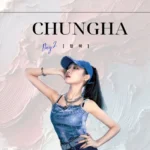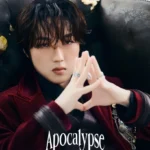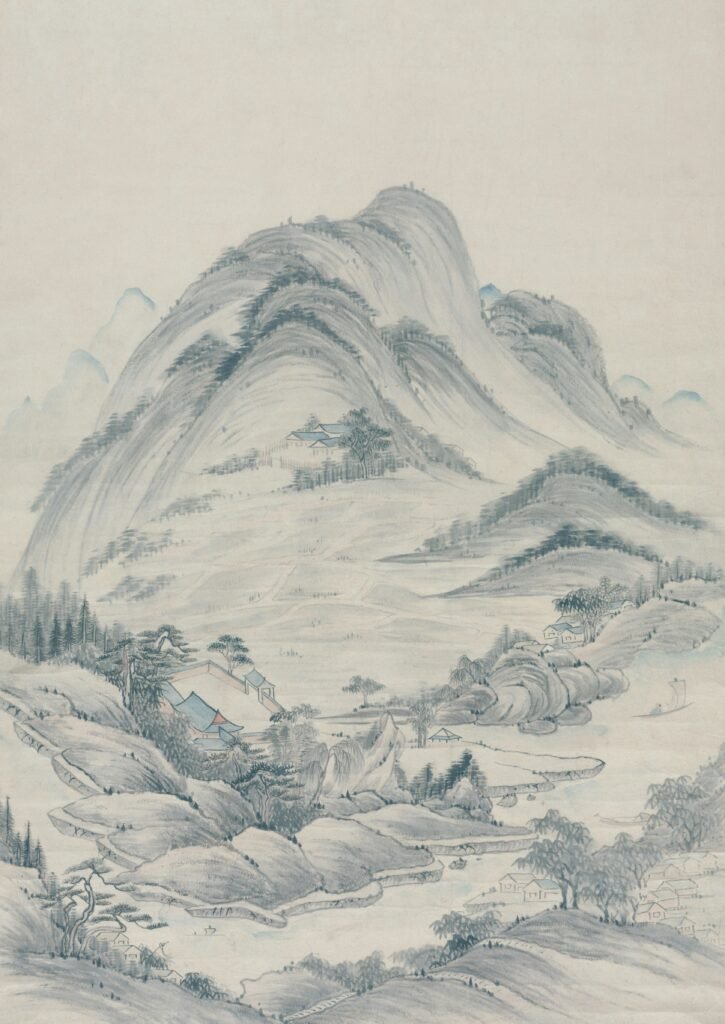We all have different faves for different reasons but if you’re gonna pick three idols who you think are the real stars onstage, who will they be? I’m talking genius level, god-tier idols that are not only well-rounded but are the best in their job as performers and artists (this isn’t about their offstage stuff). Like those very rare gems that weren’t made by their company but were born, perfected their craft and hence can never be replicated.
I’ll start first (not in order)
GD – After all these years, people are still waiting for his return and that ought to tell you something. Dragons symbolize kings and for me until now he remains the King of Kpop. Like, TOP was my first bias in BigBang but GD’s talent and influence just can’t be denied. For the younger kpop fans, I wish you understand how it was during GD’s heyday. He was and still is untouchable.
CL – my untamed and regal lioness. She doesn’t rap or sing onstage. She roars! And when she does, you listen and bow down. CL is derived from “ciel” meaning sky. And indeed when you look at CL in all her glory, you would definitely need to look up cuz the sky is always above you.
TEN – the most beautiful and mesmerizing dancer and performer who happens to also have the range of a chameleon and a voice of an angel. In my eyes he is as radiant as the moon that softly glows (although intense, he’s not exactly flashy) but induces lunacy when he is fully on. They call him Ten cuz he’s perfect!
submitted by /u/Intelligent-Ad9582
[link] [comments]














